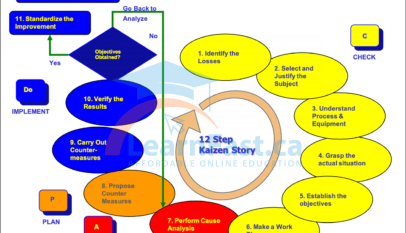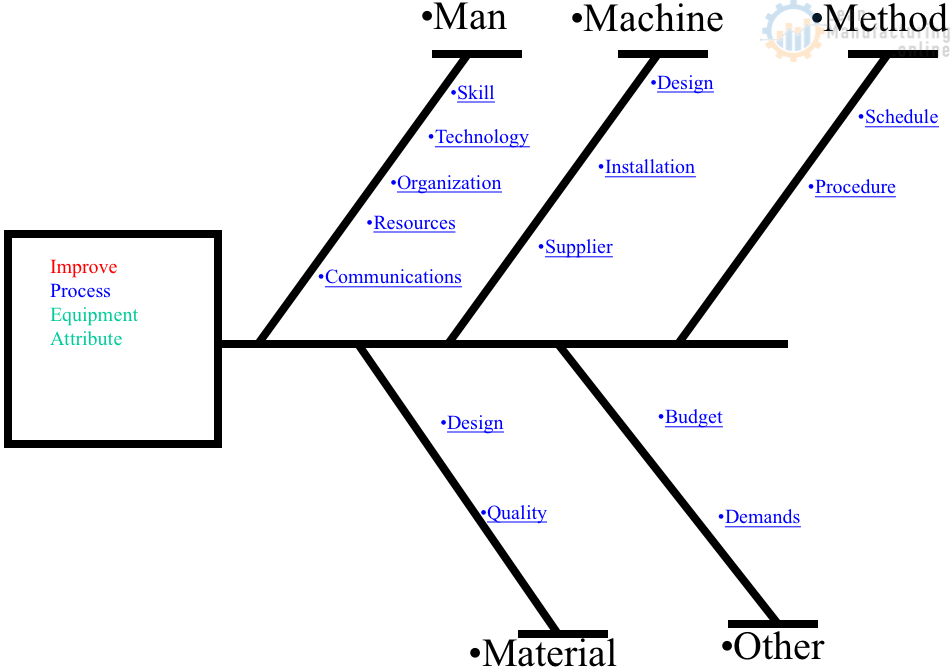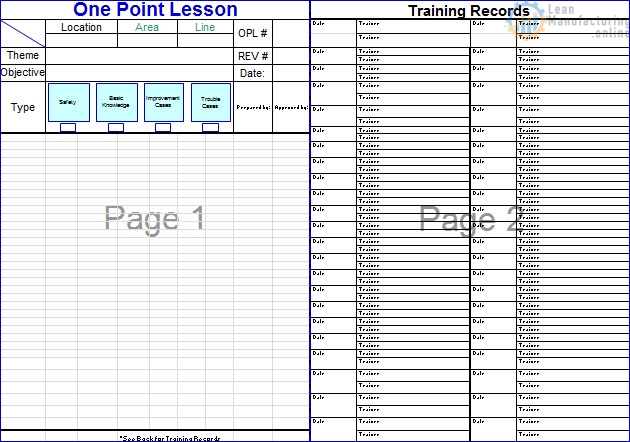In today’s economic environment, a CFO must be very conscious of capital structure—particularly if you’re managing a portfolio company.
Why? Because with rising interest rates, cash is no longer abundant and inexpensive. Debt payments are higher, and securing cash is more difficult, especially when operating in a private equity environment with higher debt leverage. To avoid potential cash flow issues, strategic cash management must be part of your overarching goals.
Here are a few tips:
1. Reduce Inventory Levels
During the post-COVID era, many companies accumulated large inventories to guard against supply chain disruptions. However, with higher interest rates, the cost of holding these inventories has become prohibitive. Now is the time to focus on reducing inventory levels to free up cash.
2. Tighten Accounts Receivable (AR) Processes
Accurate billing and efficient collections are essential to AR success. It’s not just about chasing payments but understanding why delays occur. Inaccurate invoices and late billing often contribute to late payments. By ensuring accurate and timely invoicing, you’ll facilitate faster payments from your customers.
3. Optimize Accounts Payable (AP) Processes
Avoid making early payments and adhere to agreed-upon payment terms to prevent unnecessary fees and penalties. Additionally, try negotiating payment terms with suppliers that align with your cash flow needs.
Ultimately, cash management will be a top priority for your leadership team in the foreseeable future. Focusing on maintaining liquidity and managing debt responsibly will help you better navigate today’s economic challenges.















